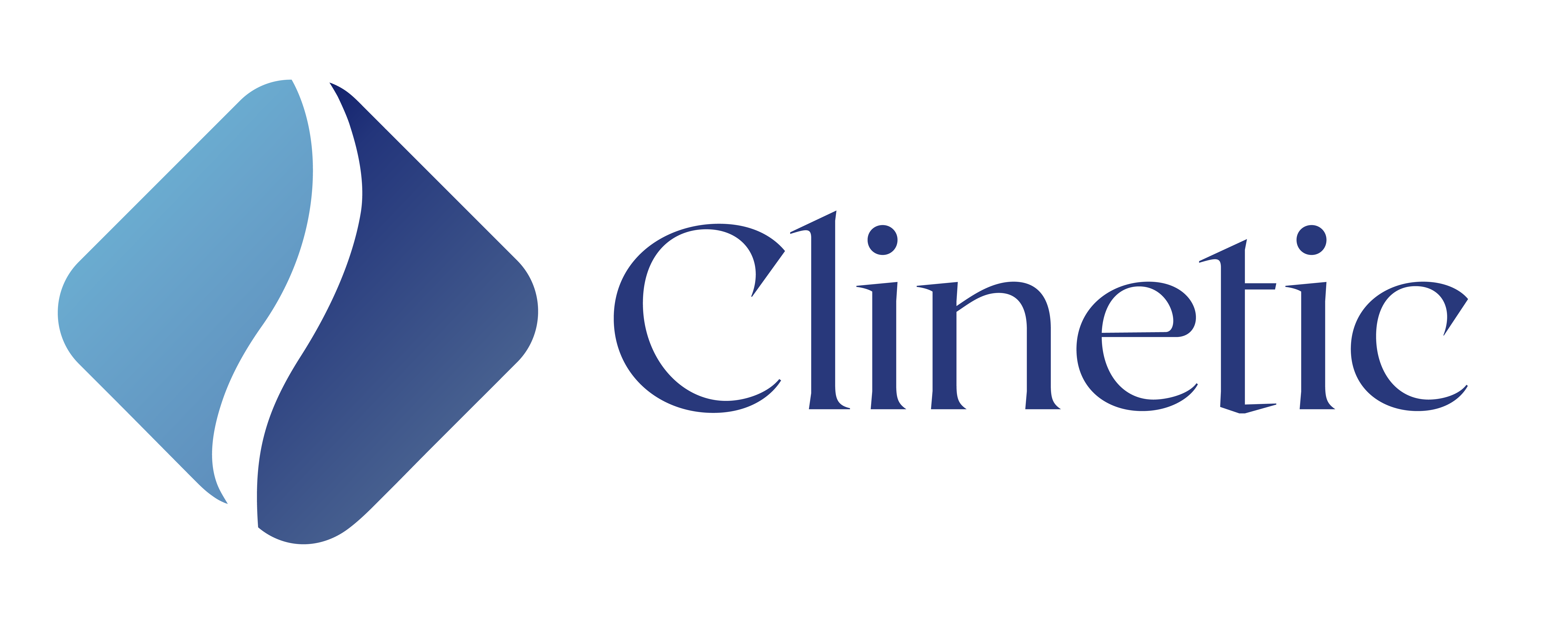Conditions We Treat - Pelvic Floor and Female Health
Pregnancy-Related Back Pain
What is Pregnancy-Related Back Pain?
Pregnancy-related back pain commonly develops during the second trimester of pregnancy. This pain results from pressure from the foetus on different areas of the body, including the SIJ joints (the intersection of the pelvis and spine), the lumbar spine and the pelvic rim. The increase in pain leads to decreased mobility, affecting the pregnancy journey and postpartum period. This pain also stems from changes in hormones and posture, muscle separation, stress and weight gain.
How is Pregnancy-Related Back Pain treated?
Treatment
- Physiotherapy
- Massage therapy
- Osteopathy
- Acupuncture
- Chiropractic manipulations and adjustments
- Muscle strengthening
- Exercise (Yoga and Pilates)
- Activities that aid in the strengthening of abdominal, pelvic floor and back muscles (walking, cycling and swimming)
Prenatal Conditions
What are Prenatal conditions?
The Prenatal period is incredibly important as it impacts both your experience before and after birth, and your infants health outcomes after birth. Ensuring that nutritional deficiencies, pain, foetal positioning, weight, and infections are managed/resolved is critical to provide you with the best birth and postpartum experience possible. During this wonderful time, certain exercises can be performed to prepare the pelvic floor for labour and birth. Additionally, nutritional deficiencies can be balanced prior to birth to ensure that your infant receives adequate nutrition and that you are not deficient in the postpartum period.
How can our services help during the Prenatal period?
Birthpeople experience a variety of pain during pregnancy. This includes, back pain, muscle spasms, joint pain, stool and bladder control problems and symptoms of carpal tunnel syndrome. Additionally, a significant amount of expectant mothers experience urinary incontinence which can remain prevalent post-natal. The services listed below can help to strengthen the pelvic floor muscles, relieve any pain, treat defiencines, treat any adverse symptoms of pregnancy, and prepare the body for labour, birth, and the postpartum period.
Physiotherapy- Strengthens the pelvic floor and the abdominal muscles
Naturopathy– Resolves nutritional deficiencies, balances hormones, alleviates pain with acupuncture and cupping, aides with foetal positioning
Osteopathy– Relieves back pain with manual therapy and manipulations
Chiropractic– Aides with proper joint alignment to prevent and treat pain
Postpartum Conditions
What are Postpartum Conditions?
After giving birth, a birth person’s body goes through many changes that affect their physical, emotional and mental health. Postpartum conditions are caused mainly by sleep deprivation and change in identity. Changes in hormones, physical body, support system and nutritional needs also have an impact on postpartum conditions.
Common Postpartum Conditions
- Postpartum Depression
- Diastasis Recti
- Urinary incontinence & constipation
- Low back pain
- Pelvic organ prolapse
- Pelvic floor muscle or ligamentous injury due to delivery
- Pelvic girdle pain
- Postpartum Thyroiditis
- Hair Loss
- GERD
- Chest feeding difficulties
- Iron deficiency anaemia
How are Postpartum Conditions managed?
Treatment
- Naturopathy (help with balancing hormones)
- Acupuncture
- Physiotherapy (to help with pelvic floor rehabilitation)
- Chiropractic manipulation and adjustments
- Osteopathy
- Exercise (pilates and yoga)
Urinary Incontinence
What is Urinary Incontinence?
Urinary incontinence is the inability to control your bladder. This problem occurs in all genders, but most commonly affects the elderly. This can occur from the weakening of pelvic floor muscles, pregnancy & childbirth, frequent UTI’s and pelvic organ operations.
What does Urinary Incontinence feel like?
- Uncontrollable urine leakage when sneezing, performing physical activity etc.
- Difficulty to control a strong urge to urinate or defecate
- Frequent urination that disrupts your everyday life
- Constipation or pain while passing bowel movements
How can we help with Urinary Incontinence?
Treatment
- Physiotherapy (create treatment plans to help with training of the pelvic muscles)
- Naturopathy
- Acupuncture

